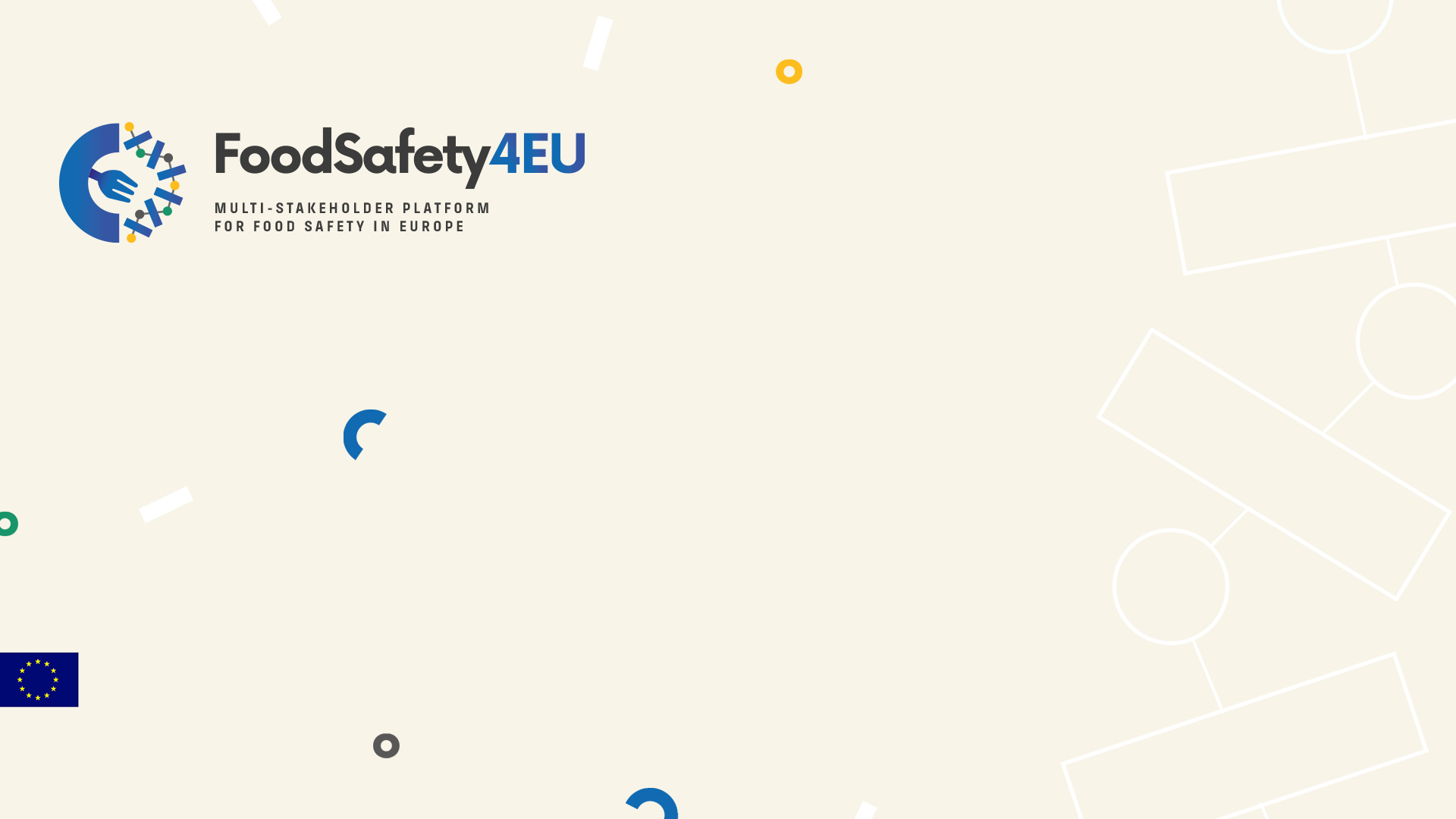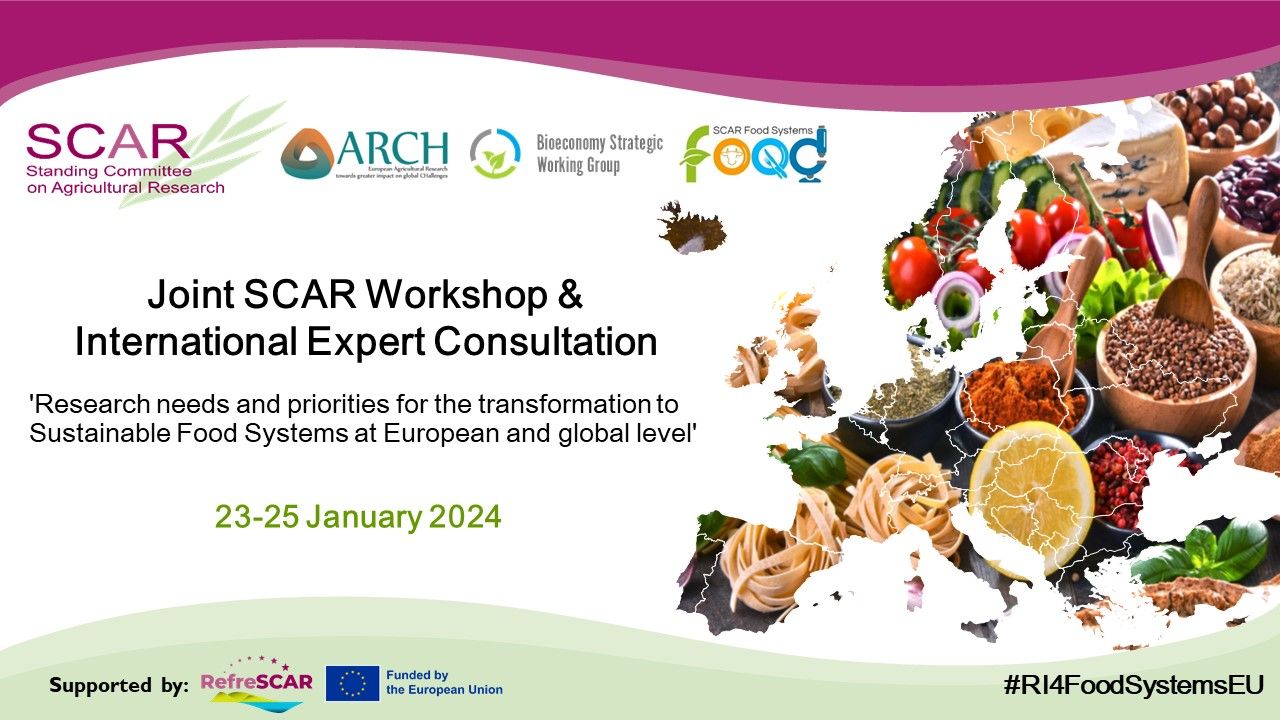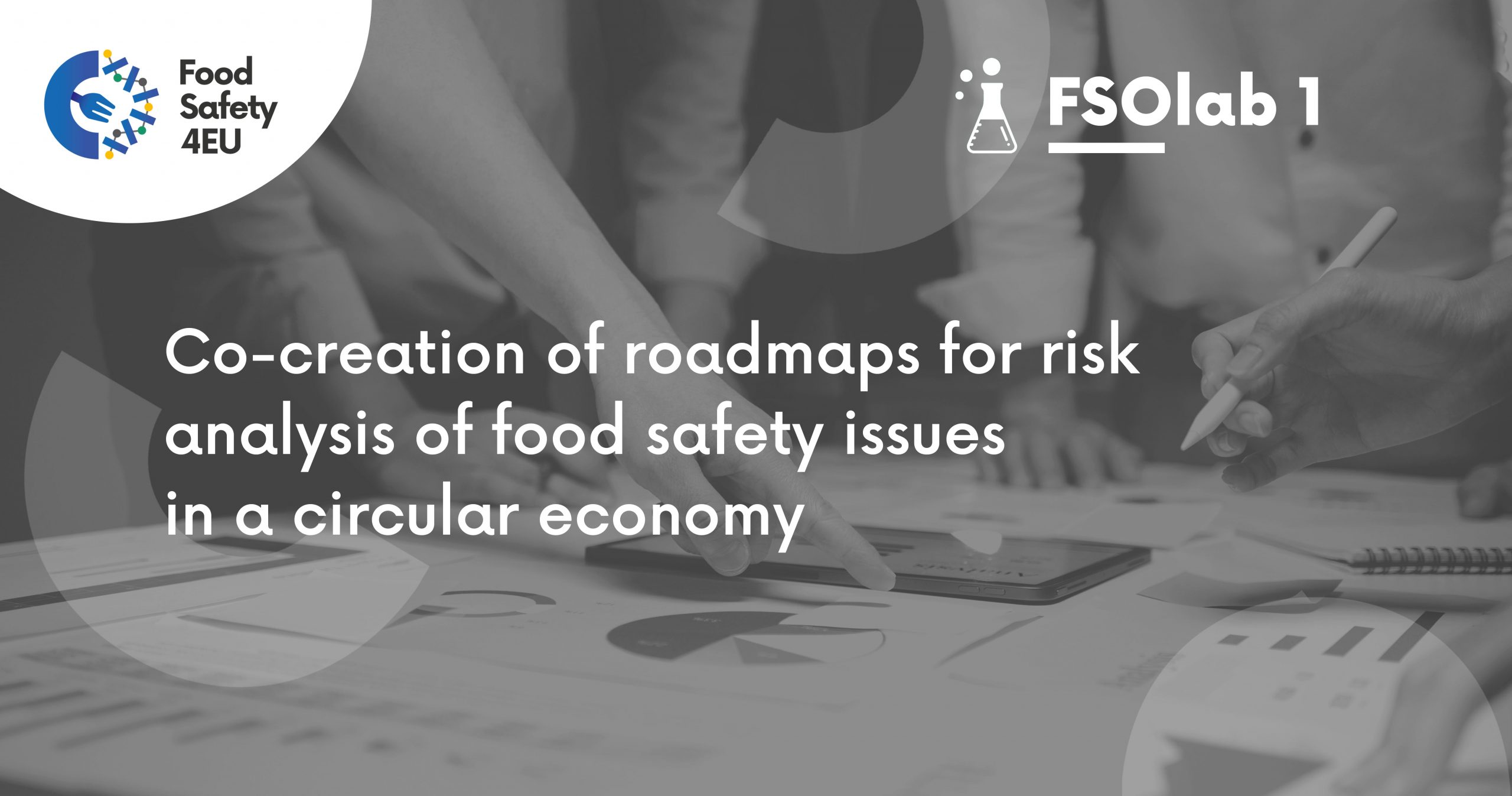
From the Lab to the EU Food Safety Forum: a step forward
In FS4EU we’ve set up the expert groups who joined our participatory workshop at the EU Food Safety Forum in Brussels.
Led by the FSOlab 1 management teams, multi-actor international experts, including industries, Food Safety Authorities, Public institutions, and EU and international Agencies representatives, fed the co-creation of the future roadmap, thus contributing to improving the EU Food Safety System.
This FSOLab has developed and delivered the following Key Exploitable Results (KERs):
All the KERs are available in the FS4EU Knowledge Center – innovative practices at this link!
All the KERs provide contributions for enhanced transparency of and engagement in EU food safety risk assessment data and processes, and enhanced risk communication, supporting the diffusion of creativity and systems thinking while fostering a more holistic and strengthened science–policy–society interface.
Contact the FSOLab 1 team below to participate in further initiatives!
Rationale
The increasing call for sustainability comes from the desire to reduce our environmental impact. However, from a food safety point of view, it brings new potential issues. Closing material cycles does not only mean fewer virgin materials needed, in the case of food contact materials it also creates the risk that compounds from previous or mis-use migrate to foods in the next cycle. Similarly, the call for more local and small-scale produced food and feed can lead to a higher prevalence of mycotoxins. These issues cannot adequately be predicted with conventional risk assessments, nor do food safety authorities have the data necessary to do the risk assessment.
By aligning procedures and looking at opportunities and needs for more harmonisation and integration, this pathway – initiated by FSOLab 1 – aims to increase the ability of the food safety system to deal with the transition safely.
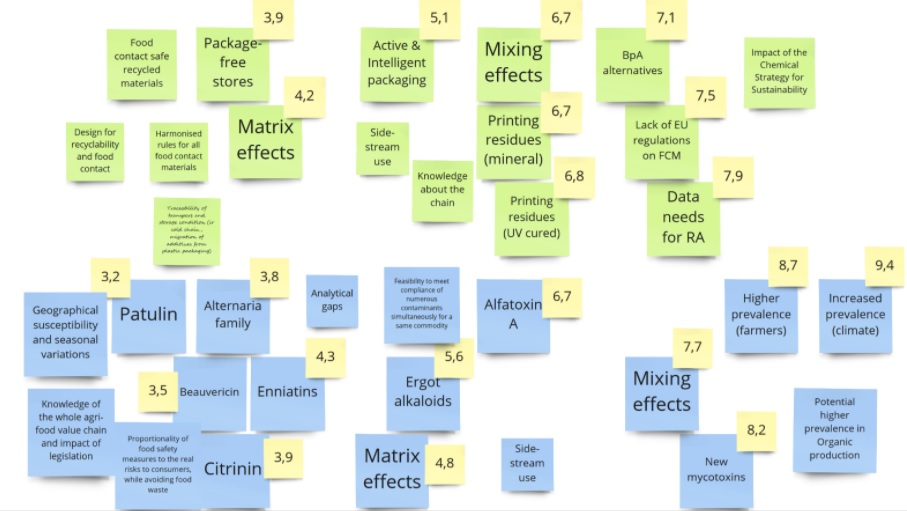
The FSOLab1 pathway
Cycle 1: The topics were selected on the basis of in-depth interviews with food safety experts and on a ‘ranking’ done by our participants in the preparatory session 0.
On 22 and 23 September 2021, the 1st session of FSO Lab 1 was conducted online. This FSO Lab focuses on the need for harmonisation and integration, specifically in the setting of risk analysis in a circular economy. The risk analysis process faces many challenges due to the circular economy as, for example, recycled materials can contain contaminants from previous (mis-)use. Twenty-one participants from academia, consumer organisations, food safety authorities, and companies work together to co-create pilot actions that will make the risk analysis process better capable to deal with food safety issues in a more circular economy.
Cycle 2: In 2 workshops the initial pilot ideas have been further developed into pilot actions. For food contact materials the aimed output is to have a guidance document with requirements for official controls of recycled FCM and take the first steps to design a new framework for recycling FCM. On mycotoxins, the aim is to develop a new data format for risk assessment that incorporates the data need for sustainability, for example, climate change and consumption data. This data format will be validated with a trial risk assessment to identify any potential gaps.
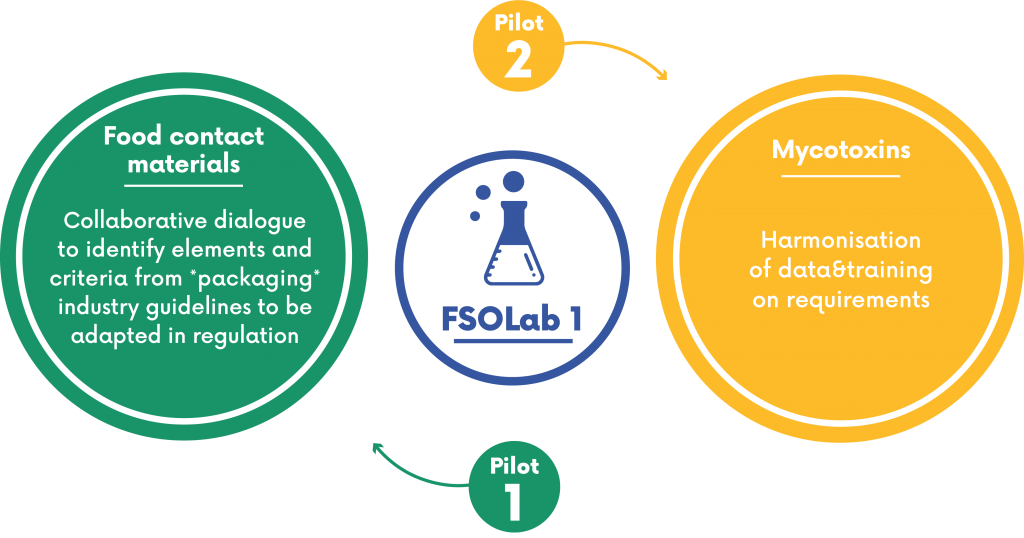
Pilot Actions
Two pilot actions on two topics were choosen:
Pilot Action No. 1: Food contact materials
To have dialogue roundtables with Member States and enforcement authorities together with actors of the packing value chain to identify elements and criteria from industry guidelines that can be adapted in regulation e.g. for risk assessments, for identification of migrating substances, gaps in analytics and harmonisation of methods, transparency rules, and the Documents of Compliance.
Pilot Action No. 2: Mycotoxins
Harmonisation of data: to not reinvent the wheel, we will use the already existing EFSA datasheet. However, to warranty the provision of much more data coming from all stakeholders (from scientists to food operators) we need to provide TRAINING on the requirements to have HIGH-QUALITY data introduced in the system
Cycle 3:
FSOLab 1 Team

Niels van der Linden
Lab Manager
Wageningen University & Research

Pieternel Luning
Lab Manager


